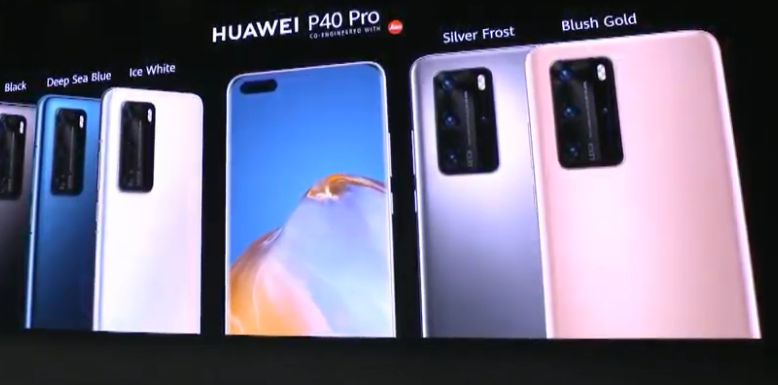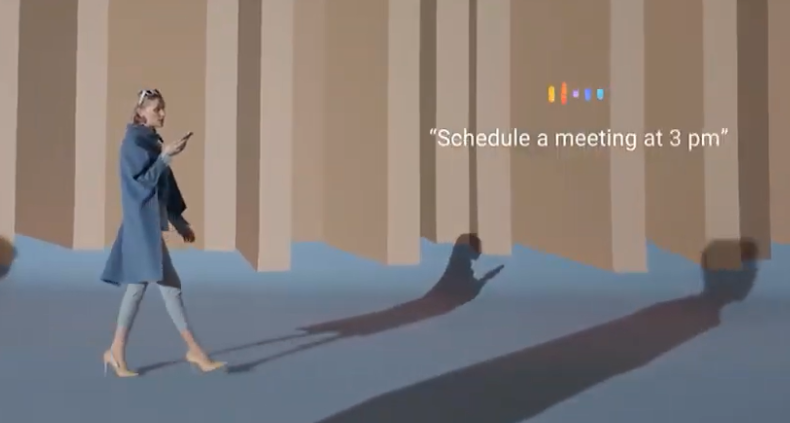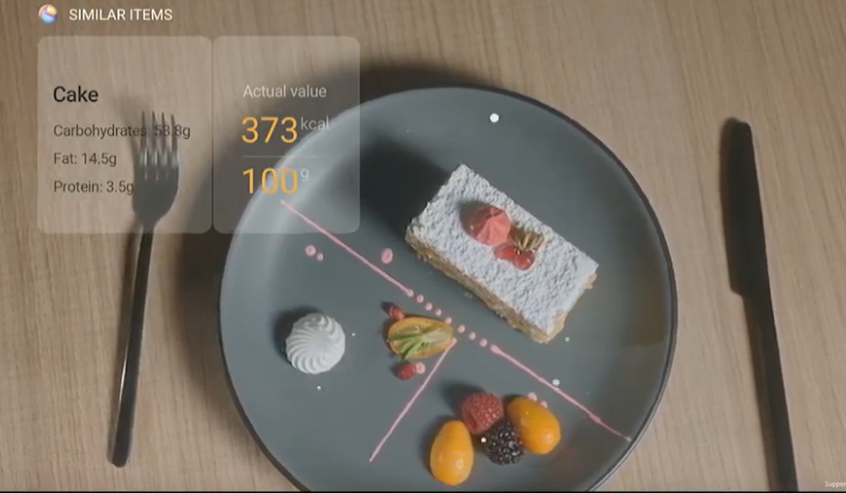Huawei has officially announced a new voice-activated virtual assistant that will be made available outside of China as the tech titan continues to build out its own versions of Google’s services.
Huawei already offered its own assistant, called Xiaoyi, but the Chinese company has reportedly been working on a version for international markets for a while. Celia, as the new assistant is called, will be available first on the company’s just-announced P40 flagship lineup in six markets. There are plans to bring the assistant to other devices in the future. Celia will be available in the U.K., France, Spain, Chile, Mexico, and Colombia and will be conversant in three languages — English, French, and Spanish.
The Google problem
Huawei was well on its way to catching Samsung at the top of the global smartphone market, but last May the U.S. placed the company on a trade blacklist. This meant no U.S. company could offer Huawei their services — including Google and Android. As a consequence, Huawei had to expedite alternative versions of core Google services, including a voice assistant.
During a virtual keynote earlier today, Huawei consumer group chief Richard Yu proclaimed the quality of the device’s hardware, with a particular focus on its multi-lens camera array.
June 5th: The AI Audit in NYC
Join us next week in NYC to engage with top executive leaders, delving into strategies for auditing AI models to ensure fairness, optimal performance, and ethical compliance across diverse organizations. Secure your attendance for this exclusive invite-only event.

Above: Huawei P40 lineup
However, the main concern for consumers is the fact that this device won’t offer anything in the way of Google services — not Google Play, YouTube, Google Maps, Gmail, or the rest. The lack of Google Play means myriad apps won’t be available on the P40, though Huawei does offer its own AppGallery, where some of the most popular Android apps are already available.
Still, Huawei is hopeful it can encourage more developers to build for its devices and that in time the “Google problem” will dissipate somewhat. In the meantime, the company is continuing to roll out high-quality devices underpinned by a combination of proprietary and third-party software.
Enter Celia
As with other virtual assistants on the market, Celia has a wake word — “Hey Celia” — though users can elect to press and hold the power button for one second to activate it instead. After that, users can ask Celia to make a phone call, send a text, set an alarm, turn off Bluetooth, set up a calendar appointment, and more.

Above: Scheduling a meeting with Celia on Huawei P40
Huawei is also launching a feature called “face to face translate,” which uses Celia as a virtual translator between two individuals in the same room. Here, each user will see the words spoken by the other person on their phone’s screen in real time (available for English, French, and Spanish).
Elsewhere, Celia will also work with Huawei’s existing AI Lens feature, which means the user can hover their phone’s camera over a piece of food and say, “Hey Celia, how many calories are in this?” or ask Celia what type of flower is in front of them.
The information will be displayed on the user’s phone screen as before, except they can now activate the feature with their voice.

Above: How many calories, Celia?
Huawei confirmed that it will be expanding Celia to support more features, languages, and countries in future releases. Additionally, the company plans to bring Celia to other devices as they come to market, from speakers to TVs and laptops.
While Huawei was already looking to launch an international voice assistant before the U.S. trade ban took effect last year, the situation likely spurred its efforts. But regardless of how good Huawei’s own software is, the Google restriction is a disaster for the company, and its international growth will certainly suffer as a result.
Consider this: Anyone looking to buy the new Huawei P40 won’t be able to download apps for WhatsApp, Instagram, Facebook, Messenger, Twitter, Uber, Spotify, or Netflix. And remember, there are no Google apps, either.
It’s difficult to see how Huawei will survive as a consumer smartphone brand outside of China — Celia, or no Celia.


